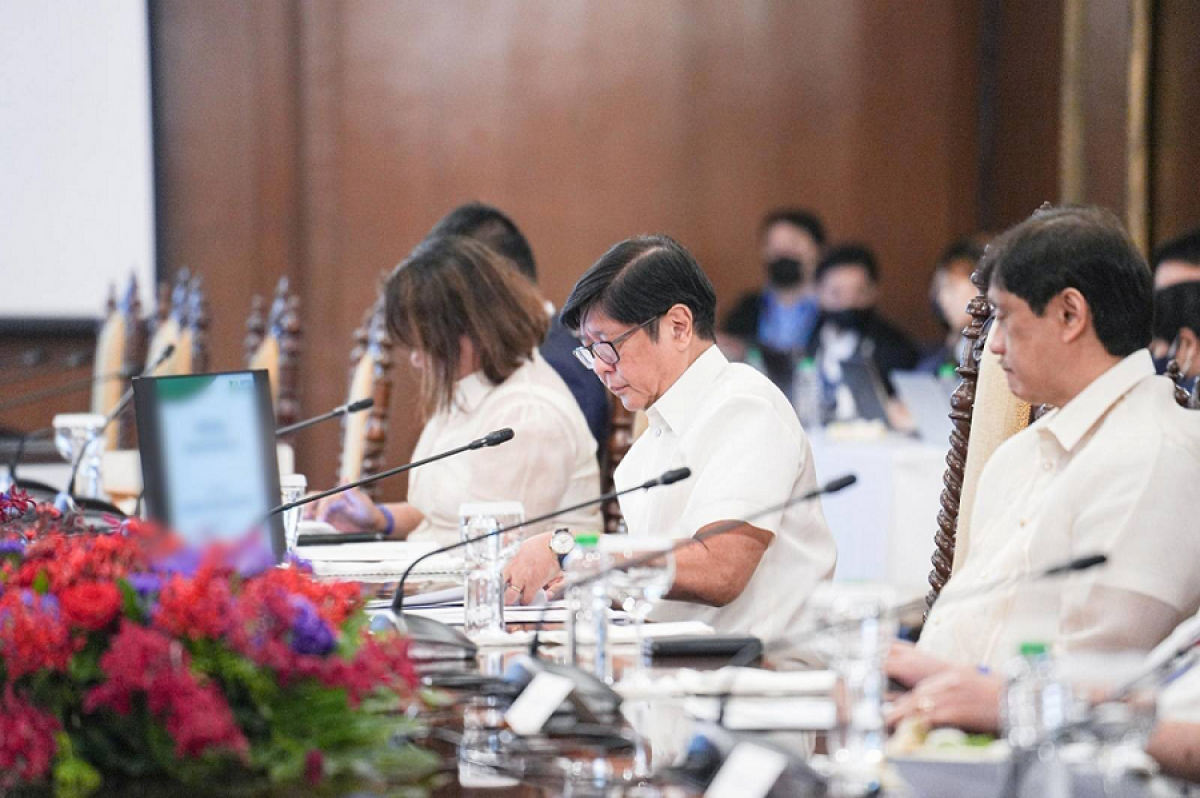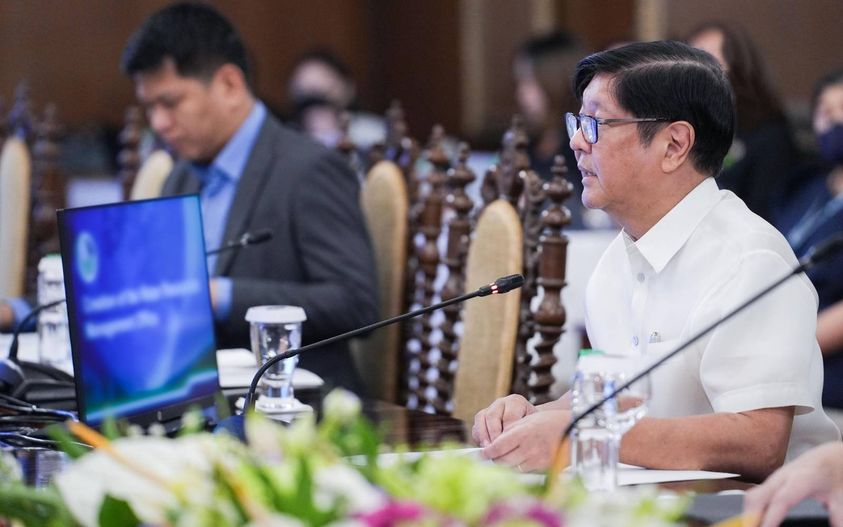QUEZON CITY (PIA) – President and head of the Department of Agriculture (DA) Ferdinand Marcos Jr. works on measures that will improve the lives of Filipino farmers and develop the country’s agricultural sector.
Marcos took the responsibility of heading the agriculture department to address multifaceted challenges the sector faces. He consistently highlights that agriculture is one of the main driving forces that the country needs to recover from the pandemic economy.
Early this year, the President shared some of his plans for the development of the agricultural sector – aiding farmers with funds and technical education, research and development (R&D) on the production process, and learning new crop varieties that further can be adopted, noting the consistent changing weather in the Philippines.
One of the efforts to further these plans, Marcos signals approval of the adoption of hybrid rice to boost harvest and crop production. Over the past two years, hybrid farmers have reported harvesting around 7 to 15 metric tons (MT) per hectare compared to the average of 3.6 MT/hectare for inbred seeds.
Recently, the President discussed the current situation of the rice industry including the challenges and possible solutions with SL Agritech Corporation (SLAC), represented by its chairman and chief executive officer (CEO) Henry Lim Bon Liong, and farmers from Central Luzon to give first-hand observations.
The meeting concluded with SLAC’s conversion of 1.90-M hectares of target areas planted with certified seeds (CS) to hybrid seeds in four years. For his part, Marcos aims to create a program that will encourage farmers to shift to using hybrid seeds by providing subsidies and facilitating loan financing.
He adds that DA will be sharing the best practices of the Central Luzon farmers with other farmers across the country. If adopted nationwide on a two-cropping cycle per year, this partnership will allow farmers to generate more income and might increase the country's rice sufficiency.
Aside from this more scientific approach, Marcos adds that the country will achieve rice self-sufficiency in two years if the government could carry out major reorganization involving different agencies.
Cooperation and coordination of agencies such as the DA, National Irrigation Agency (NIA), Department of Public Works and Highways (DPWH), and the National Economic and Development Authority (NEDA) is a must to make this goal possible.
The President already met with DA and NIA about the current state of the country’s irrigation system, and from there they already drafted a timetable of the processes and reorganization matters that are needed for self-sufficiency in rice.
Apart from local coordination, Marcos has been seeking cooperation from other countries during his foreign visits on the development of the agricultural sector. The President and the administration continue their efforts of strengthening existing programs as well as creating new ones to aid Filipino farmers and maximize one of the biggest contributors to the betterment of the economy. (MVV, PIA-CPSD)






